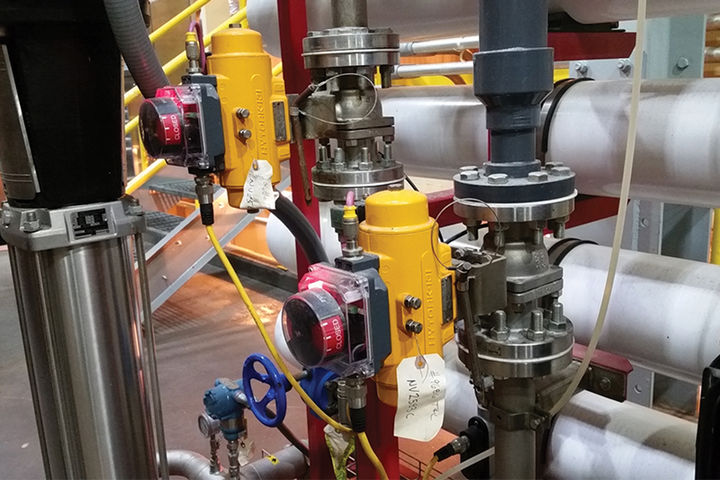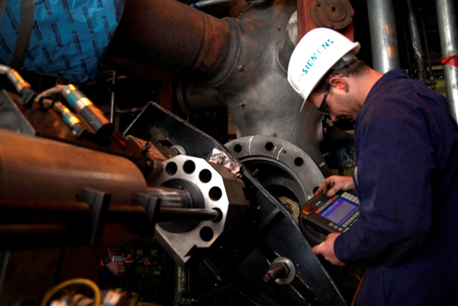

This five day course will address all aspects of Selection, Operation and Maintenance and Troubleshooting of industrial valves.
By the end of this course delegates will be able to:
Engineers and Technicians of mechanical, electrical and chemical engineering will benefit largely from this workshop. Maintenance, Operation, and People in R and D department are recommended to attend this course.
This interactive Training will be highly interactive, with opportunities to advance your opinions and ideas and will include;
Day 1 - Basics of the Valve Technology
Valves Technology
Day 2 - Manual versus Automatic Valves
Manual Valves
Check Valves
Day 3 - Relief and Safety Valves: Function and Operation
Relief and Safety Valves
Rupture Valves
Day 4 - Valves Troubleshooting
Valves Problems, and Troubleshooting
Control Valves & Actuators
Day 5 - Valve Sizing and Selection
Valve Sizing & Selection
CDGA attendance certificate will be issued to all attendees completing minimum of 80% of the total course duration.
| Code | Date | Venue | Fees | Register |
|---|---|---|---|---|
| MI202-02 | 04-05-2026 | Kuala-Lumpur | USD 5950 | |
| MI202-03 | 13-09-2026 | Jeddah | USD 5450 | |
| MI202-04 | 14-12-2026 | Istanbul | USD 5950 |

Power Plant and other petrochemical industries do deal with different types of valves. All piping systems are fitted with valves for controlling purposes or safety requirements. Understanding the func ...

Power plant and other petrochemical industries do deal with different types of valves. All piping systems are fitted with valves for controlling purposes or safety requirements. Understanding the func ...

The overall purpose of this course is to provide engineers and senior technicians in their relevant fields with the applied knowledge that enables them to efficiently select, maintain or repair differ ...
Providing services with a high quality that are satisfying the requirements
Appling the specifications and legalizations to ensure the quality of service.
Best utilization of resources for continually improving the business activities.
CDGA keen to selects highly technical instructors based on professional field experience
Since CDGA was established, it considered a training partner for world class oil & gas institution
3012, Block 3, 30 Euro Business Park, Little Island, Co. Cork, T45 V220, Ireland
Mon to Fri 09:00 AM to 06:00 PM
Contact Us anytime!
Request Info